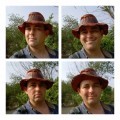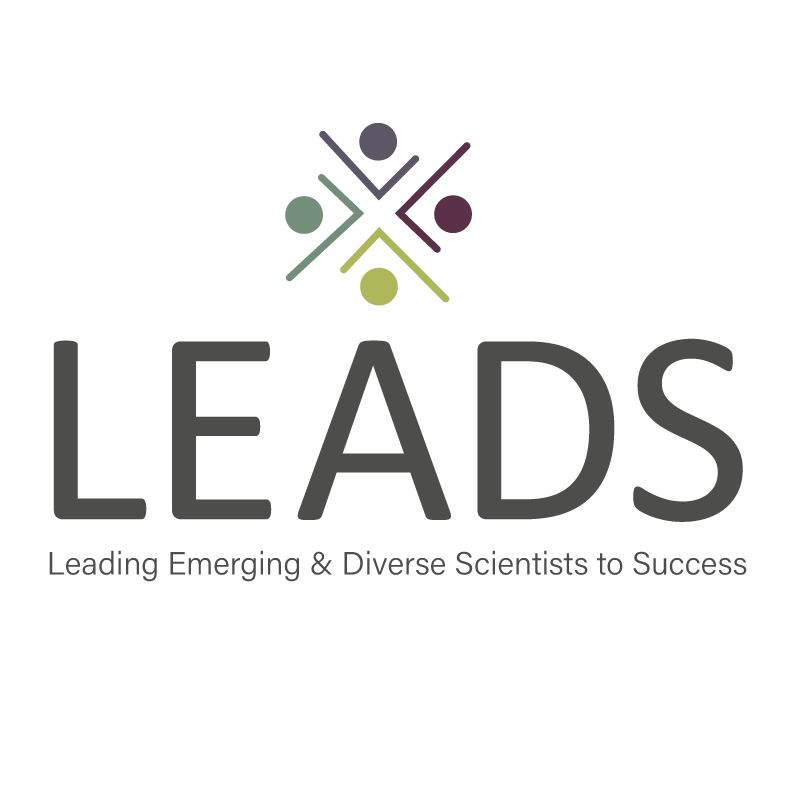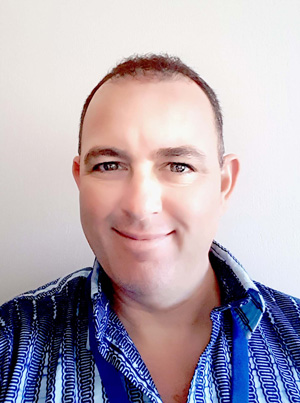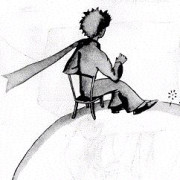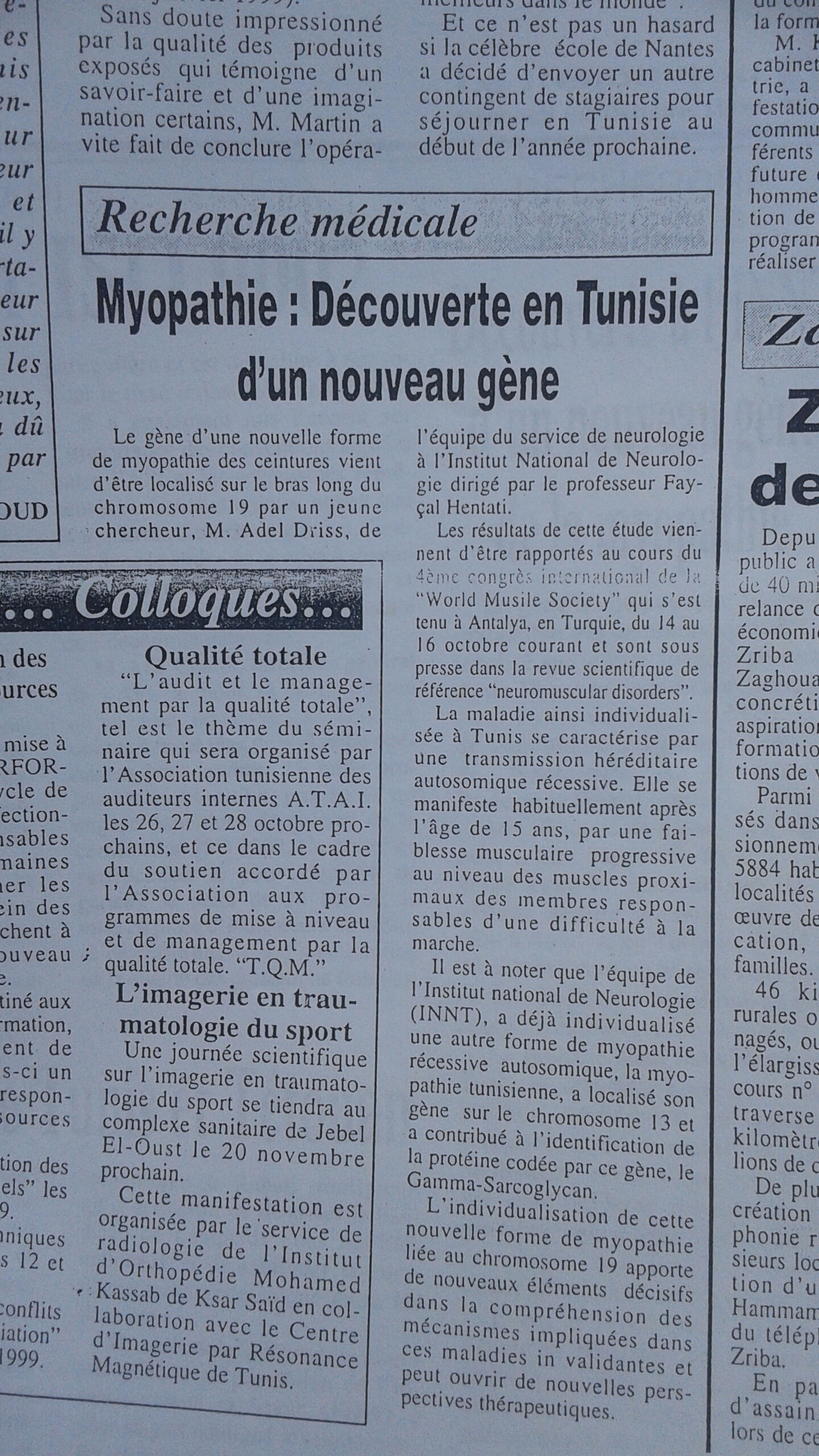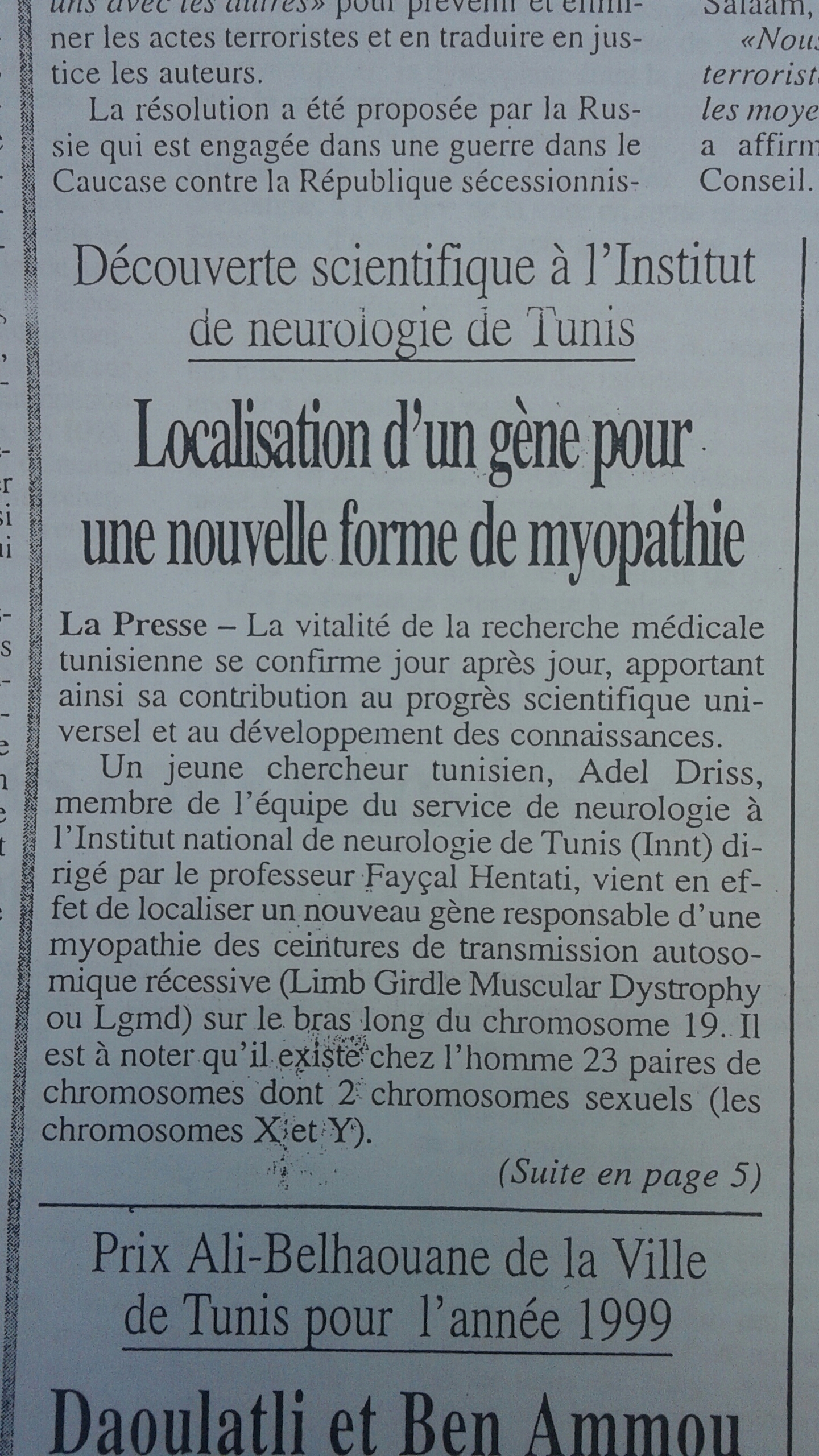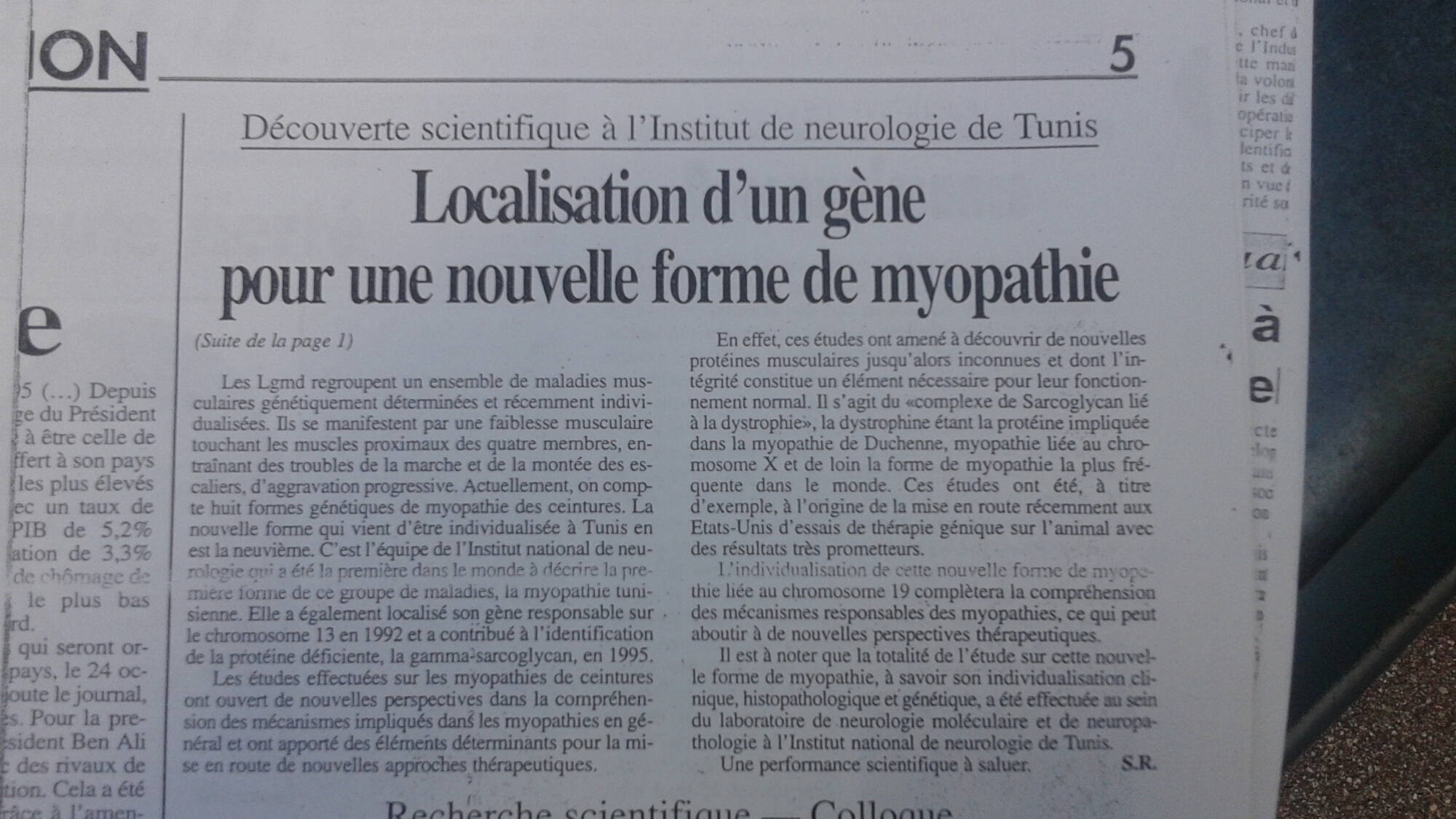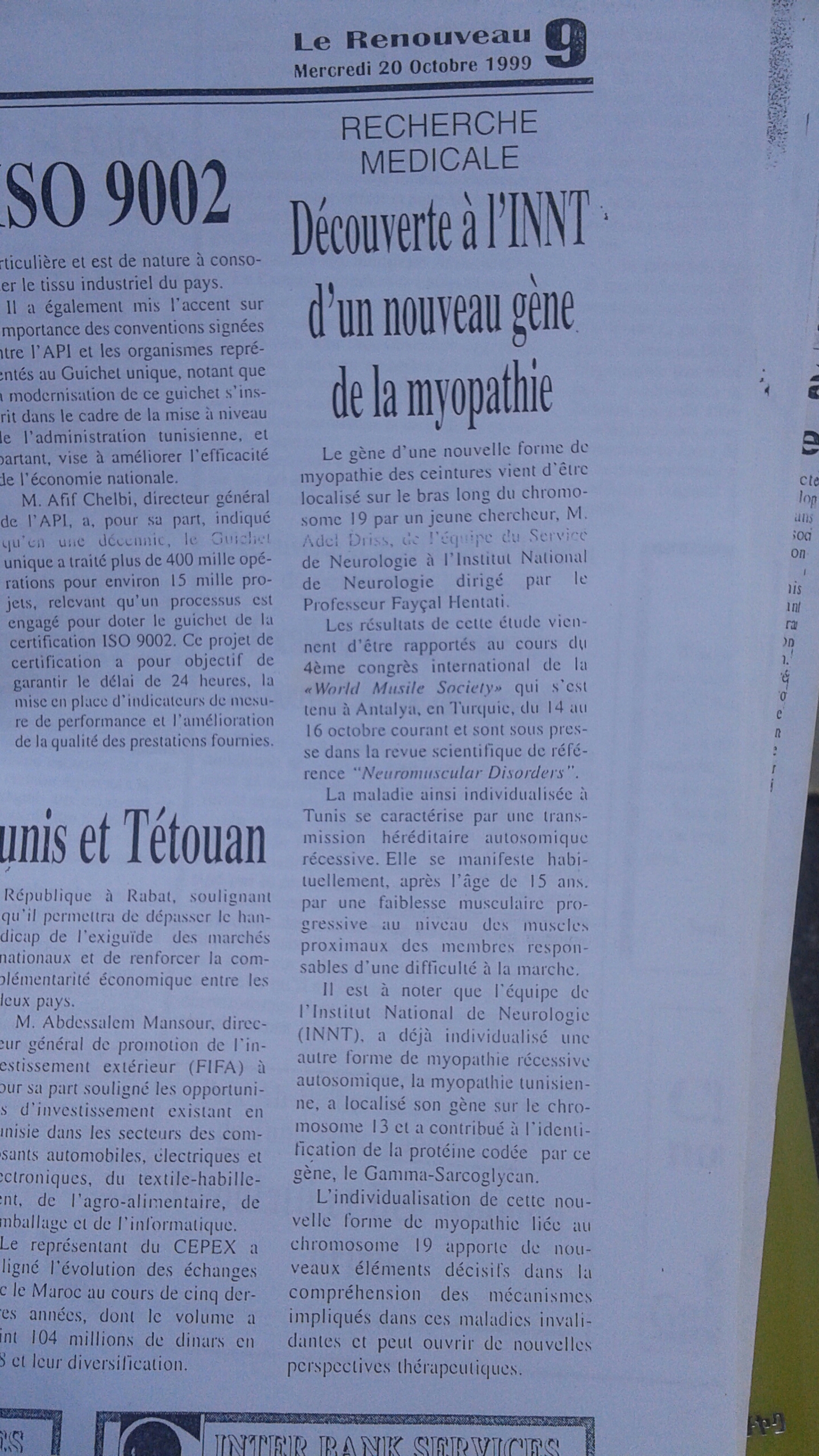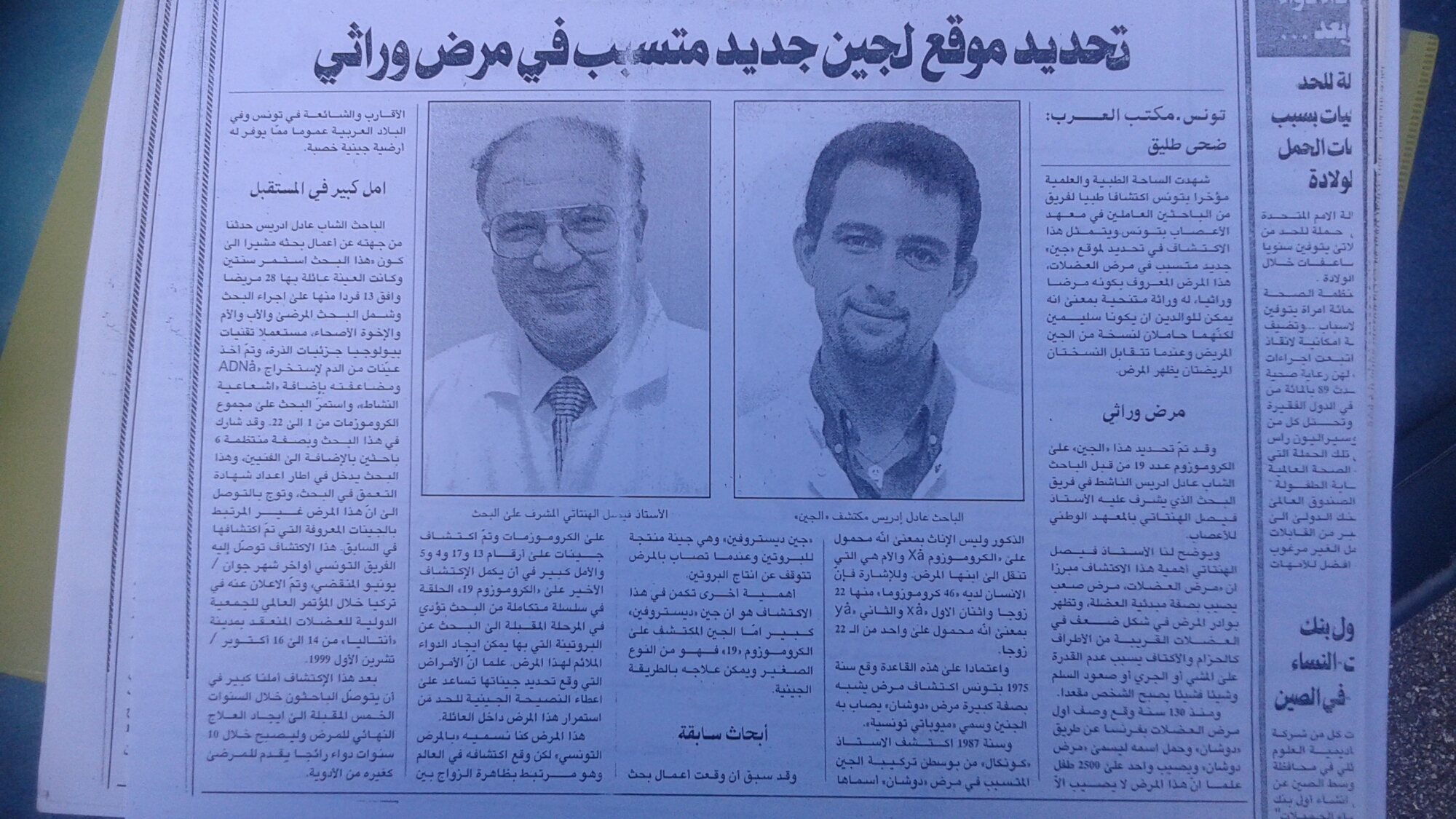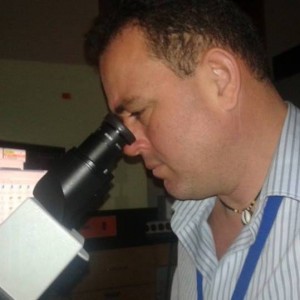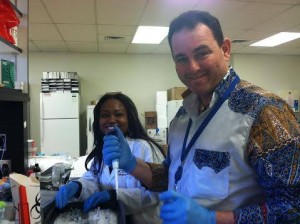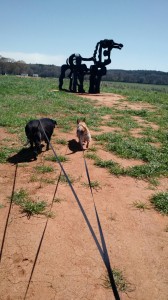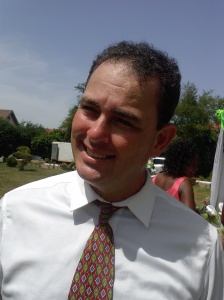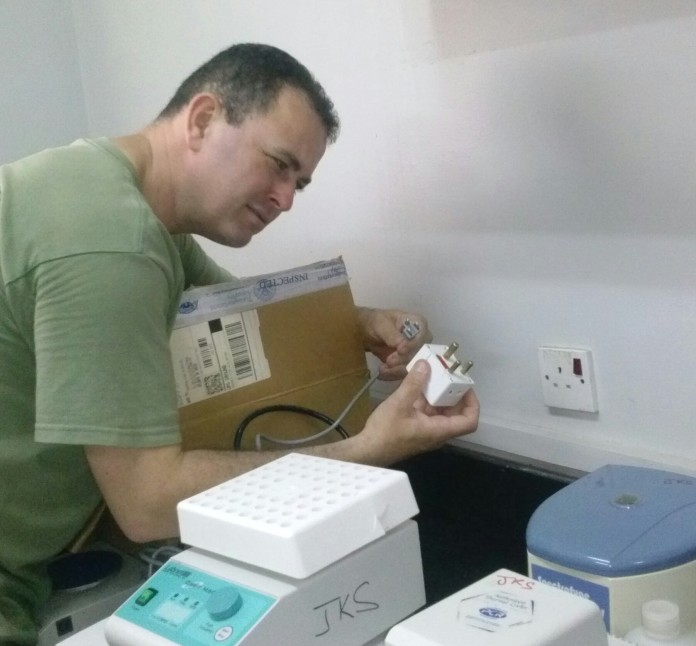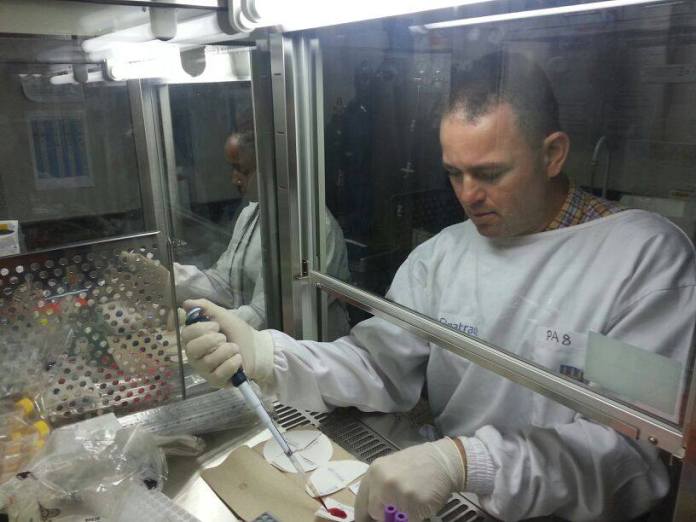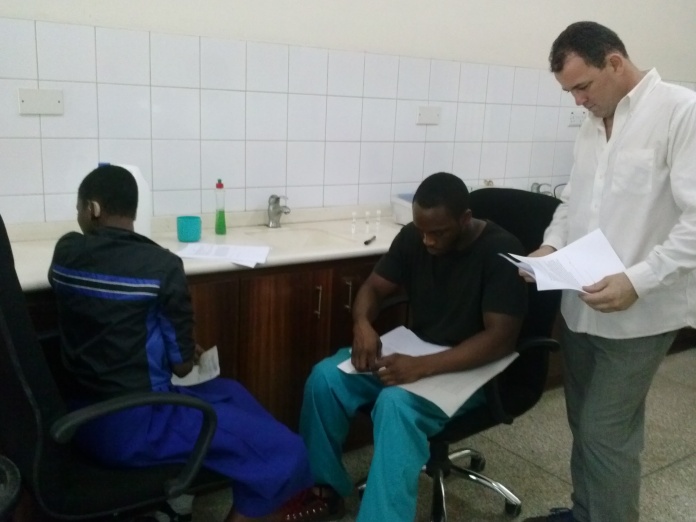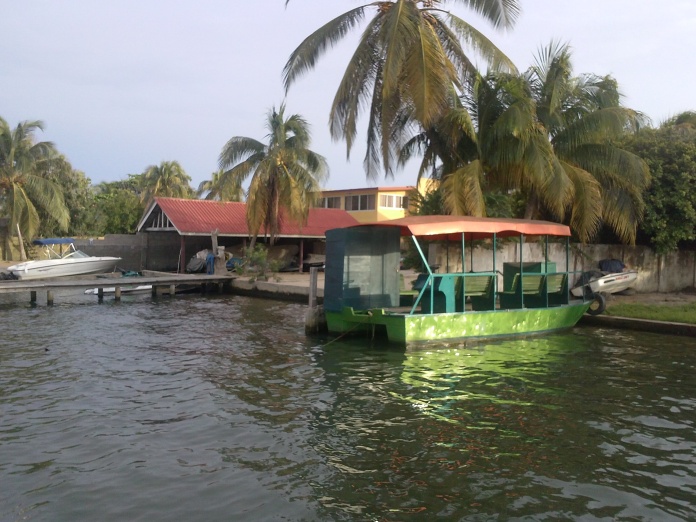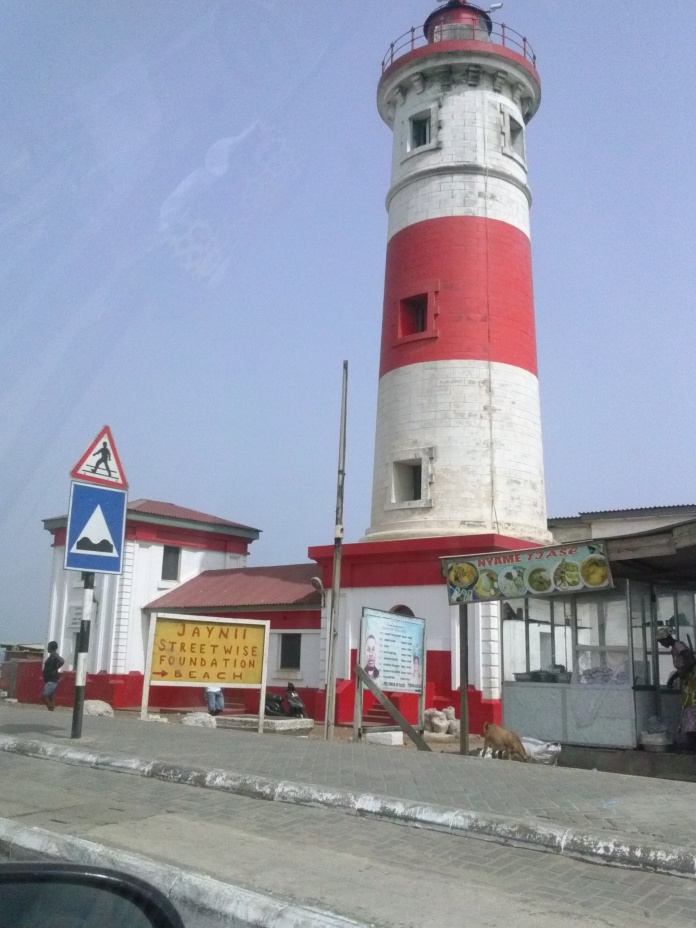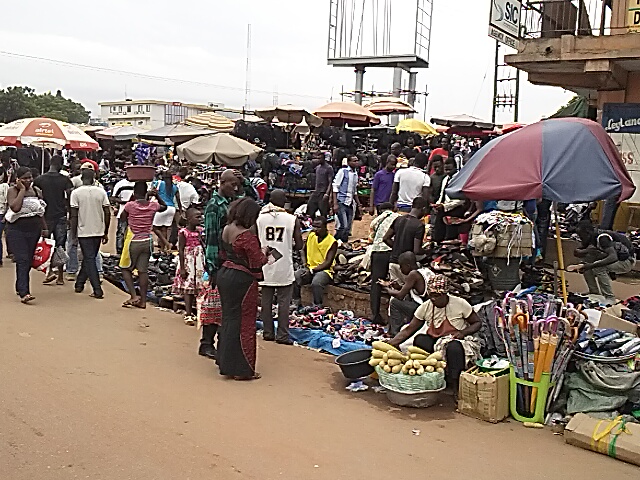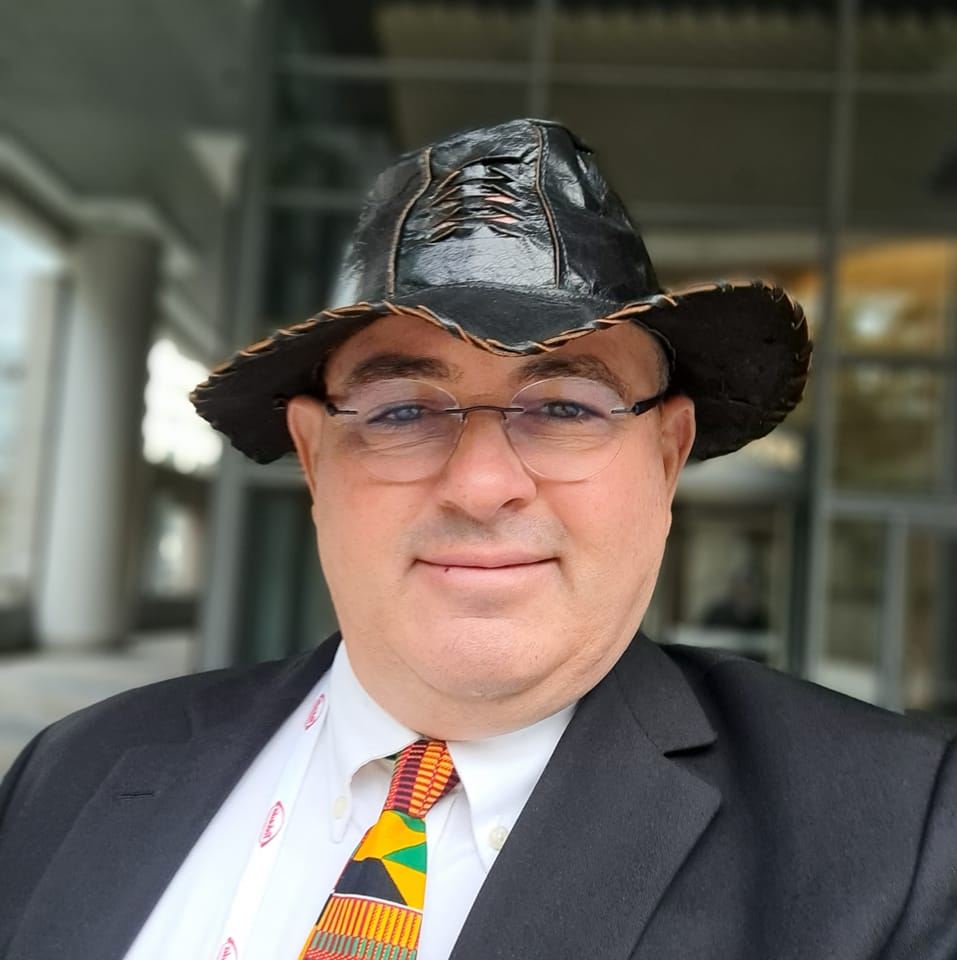
1. How did you get interested in science and research?
Science has always been my passion since I was a child. My parents used to receive a magazine called science & life, which I devoured every time. My brother and I always did those kitchen science experiments and we were always very curious about things. It was my second grade teacher who helped me develop that passion. She taught us a lot about ecology and the natural world as well as the protection of the environment. High school is where I discovered my passion for molecular biology and genetics. In Biology class, I learned about plasmid constructs that give resistance to antibiotics, and I thought, “Yes, this is exactly what I want to learn.”
2. What attracted you to the field in which you’re currently working?
I graduated from the Faculty of Science of Tunis (Tunisia) with a bachelor’s degree in Natural Science. Due to my interest in research and genetics, I chose to do a master’s program in Genetics and Molecular Biology at the National Institute of Neurology of Tunis. In my research, I looked at a particular form of Muscular Dystrophy, Limb-Girdle Muscular Dystrophy (LGMD). For this study, I used genetic linkage analysis on DNA samples from patients and their family members to exclude all known genetic LGMDs. After getting a Masters of Science, I started a PhD program, in collaboration with the Pitié-Salpêtrière Hospital in Paris (France) and the National Institute of Neurosciences in Tokyo (Japan). The genetic study identified for the first time a mutation in the Fukutin Related Protein (FKRP) gene that causes LGMD2I on chromosome 19q13.3.
My PhD led me to a postdoctoral fellowship at Emory University (Atlanta, GA). I mostly worked on inflammatory bowel disease (IBD) as well as colon and breast cancer. My second postdoctoral fellowship was at Morehouse School of Medicine (MSM, Atlanta, GA) studying patients with Sickle Cell Disease (SCD). My interest in hemoglobinopathies shifted to studying how host genetic polymorphisms affect infectious diseases like Plasmodium malaria parasite pathogenesis.
In summary, my research interests have changed quite a bit throughout my career, but I’ve stayed focused on the genetic diversity between diseases.
3. What schools did you attend on your way to becoming a professional scientist?
- Faculty of Sciences of Tunis (Tunisia): BS in Natural Sciences, MS in Genetics and Molecular Biology, PhD in Biology.
- National Institute of Neurology of Tunis, Pitié-Salpêtrière Hospital in Paris (France) and the National Institute of Neurosciences in Tokyo (Japan): practical for MS and PhD.
4. Did you do a post-doctoral fellowship? If so, where and what was that like?
- Emory University School of Medicine: 1st postdoc
- MSM: 2nd Postdoc.
- University of Ghana: Fogarty Global Health Fellowship.
It was a long and bumpy ride. Everything depends on the PI. Postdocs are temporary jobs that aren’t secure. You need a PI who will be a mentor, not just your boss.
5. Were there any particular strengths and weaknesses at your training institutions that you remember?
Having a reliable mentor is a strength as a postdoc. Funding and job stability are always the biggest weaknesses in this field.
6. What do you consider to be the most important question your research is trying to answer?
How do extracellular vesicle-associated microRNAs play a role in hemolytic anemia disorders (like malaria and sickle cell)? These studies will help develop new microRNA biomarkers for chronic inflammation of sickle cell disease and malaria therapeutic targets.
7. What methods are you currently using to answer that question?
We are using specific microRNAs encapsulated into extracellular Vesicules (EVs) to characterise the role and the effects on malaria parasites in vitro (On cells and parasites cultures) and in vivo (on mice).
8. In your work do you collaborate with other scientists-at MSM?-at other institutions?
This isn’t something we can do alone. We need to collaborate with other researchers, hospitals, doctors, community organizers, local, regional, national and international institutions…
9. How many papers did you publish last year? How does this number relate to the type of work you do? How do you balance number and quality of your publications?
In the last year I have published 5 full research articles published in high impact factor peer reviewed journals, 2 as a last and corresponding author, one as a second author and two as a co-author.
It’s an exciting number because it’s outstanding.
Journal impact factors (IF) determine the quality of publications. IF here varies from 2.6 to 12.07
10. What are your major sources of funding for your research?
Major funding comes from the NIH.
11. How much research funding do you currently have? When does your current funding end?
Every year is a new year.
12. How many graduate students do you currently have and how many have you had in the past? What kind of publication record have students had while under your direction? What do you think are key factors in students having the opportunity to publish their work while in training?
I have one graduate student under my direction and I’ve had one before. My former graduate student graduated with 3 first author papers and 3 co-authored papers. Now she’s working on another 1st author article, based on her research results she did while under my mentorship.
The key is to stay on track, follow your mentor’s instructions, work hard and with enthusiasm, and never give up.
13. If you’ve had students who have graduated, what are they doing now?
She is working as a parasitologist at the CDC.
14. Have any of your previous students received outside fellowship funding for their work – if so, from what sources? Are you willing to help new students obtain that kind of funding?
She obtained 2 times the TL1 fellowship from the CTSA. My current student received the RISE fellowship from MSM and will also apply for the TL1 fellowship.
15. Who do you consider your most important mentors in your development as a professional scientist? What key take-home messages did you learn from them?
Dr. Stiles played a huge role in my career development. His advice helped me get funding to pursue my career in this field. The key take-home message is: work hard, don’t rely on anyone but your hard work, and follow the advice of a good mentor when it comes to your career.
16. What characteristics do you think contribute to being a good mentor?
You need a mentor who’ll help you grow in your career. Good communication and chemistry are key.
17. What characteristics do you think contribute to being a good graduate student?
Diligent work, trust, and commitment.
